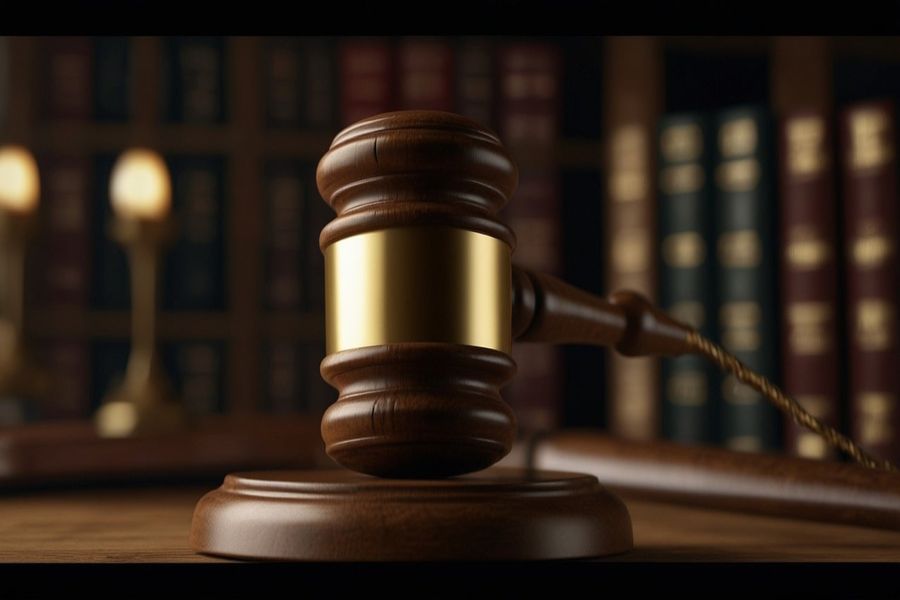Did you know personal injury claims in the U.S. lead to over $50 billion in compensation yearly? Choosing the right personal injury attorney is key to getting a good outcome. Whether it’s a car accident, slip and fall, or another accident, the legal system can be tough to navigate. An experienced lawyer can help a lot.
This article will help you find the right accident lawyer for your case. You’ll learn about the important qualities and factors to look for. Knowing about personal injury law and what makes a good lawyer will help you make a smart choice. This way, you can get the justice and compensation you deserve.
Understanding Personal Injury Law and When You Need Legal Help
Personal injury law covers many cases, like car accidents and medical malpractice. If someone’s negligence hurts you, you might get money for your medical bills and lost wages. But, the legal system can be hard to understand. That’s why getting help from a personal injury lawyer in Boston is key, as they are well-versed in Massachusetts state laws.
Types of Personal Injury Cases
Many situations can lead to personal injury cases. These include car crashes, falls on unsafe property, and medical errors. If someone else was careless, you might get money from them or their insurance. Common cases include car accidents, falls, medical mistakes, and work injuries.
Signs You Need Professional Legal Representation
If someone else’s carelessness hurt you, think about getting a lawyer. This is especially true if the injury is serious, the blame is unclear, or the insurance won’t pay fairly. A skilled lawyer can guide you, protect your rights, and help you get the compensation you deserve. – Michael Avanesian, Founder of Avian Law Group
Time Limitations for Filing Claims
Knowing the time limit for personal injury claims is crucial. This time varies by state, usually from one to six years. If you miss this deadline, you might lose your chance to get compensation. So, it’s important to talk to a lawyer quickly.
Essential Qualifications to Look for in a Personal Injury Lawyer
Choosing the right lawyer for your personal injury case is key. Look for someone with a strong academic background. They should have a law degree from a recognized school and be admitted to the state bar.
It’s also important to find a lawyer with specialized skills and legal expertise in personal injury law. This ensures they understand your case well.
Many top lawyers have board certification in personal injury law. This shows they have advanced knowledge and specialized skills. Look for certifications from groups like the American Board of Professional Liability Attorneys or the National Board of Trial Advocacy.
Ask about your lawyer’s success in similar cases. A good personal injury lawyer will have a track record of winning cases. They might get settlements or win in court.
Evaluating Experience and Track Record of Success
Choosing the right personal injury lawyer is key. You should look at their experience and success rate. Their past cases, trial skills, and client feedback can show how well they do for their clients.
Case Settlement History
Checking a lawyer’s past settlements can tell you a lot. Find lawyers who have a history of getting good settlements for their clients.
Trial Experience and Courtroom Expertise
Many cases are settled without going to court. But, it’s smart to pick a lawyer who’s good in court. A lawyer who’s won cases in court is more likely to fight for you well.
Client Testimonials and Reviews
Reading what past clients say can help a lot. It shows how happy clients are and how well the lawyer communicates. Look for lawyers known for great service and results. – Andy Fryer, Co-Founder of Easy Signs
Understanding Fee Structures and Payment Arrangements
When you look for a lawyer for a personal injury case, knowing about fees is key. Many lawyers use a contingency fee. This means they get a percentage of what you win. You don’t pay them upfront, and they only get paid if they win your case.
Lawyers might also charge by the hour or ask for a retainer fee. Hourly rates cover the time they spend on your case. A retainer fee is a payment upfront to secure their services. It’s important to talk about these options with lawyers and understand all costs before you hire them.
There are also other costs like filing fees and fees for expert witnesses. These should be considered when thinking about the total cost of getting a lawyer. Knowing about different fee structures helps you choose the right lawyer for your budget and needs.


